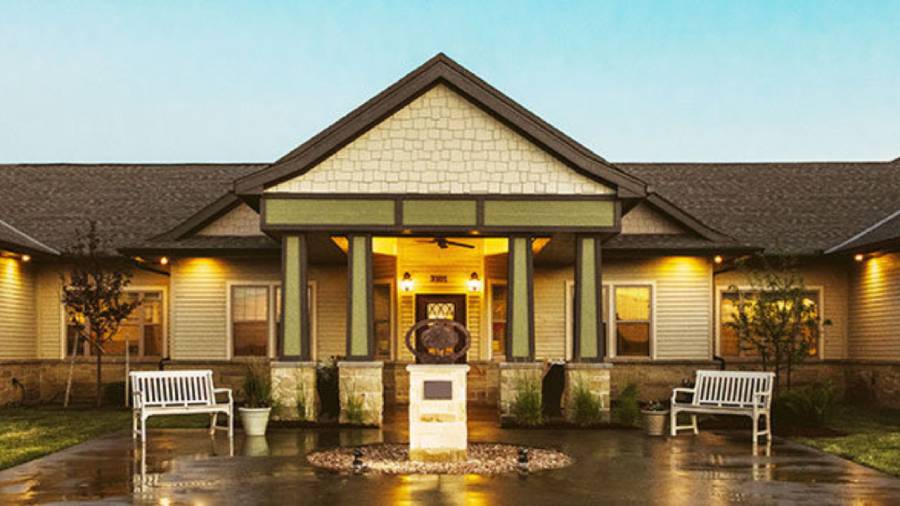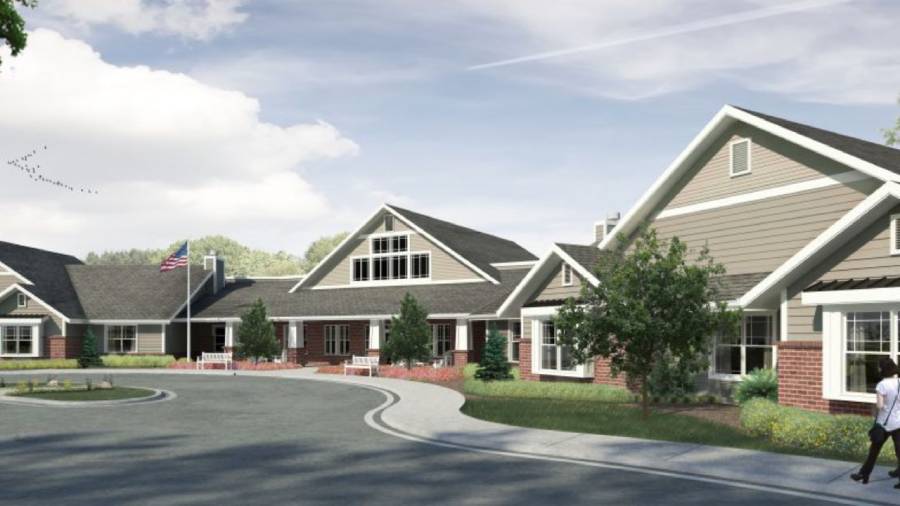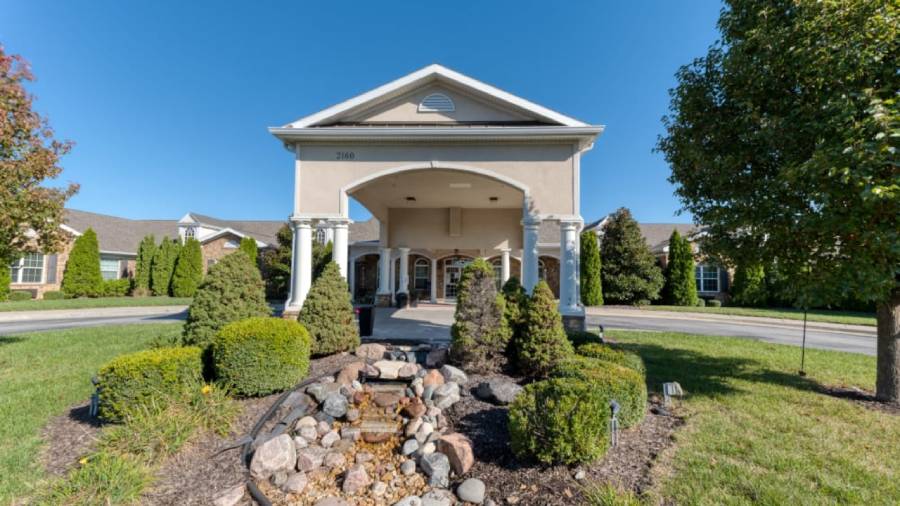Memory care is a specialized type of assisted living tailored to offer a secure and nurturing setting for individuals grappling with Alzheimer’s disease, dementia, or other memory-related disorders. This type of care addresses the unique challenges associated with memory loss, offering a structured environment that maintains a high quality of life for residents. Located in the heart of Missouri, Lee’s Summit has become a hub for memory care facilities, offering state-of-the-art services tailored to meet individual needs.
The demand for memory care in Lee’s Summit has soared in recent years, prompting a growing number of highly-rated facilities to establish operations in the area. Whether you’re looking for comprehensive support for your loved ones or specialized care tailored to unique needs, Lee’s Summit offers a wide array of options. Explore this comprehensive guide to discover the leading memory care services available in Lee’s Summit. Gain insight into key aspects of memory care and access valuable resources to empower your decision-making process.

Lee’s Summit, MO, offers a range of compassionate and specialized memory care services for seniors dealing with memory loss, including conditions like Alzheimer’s and dementia. The following establishments provide dedicated support and personalized care, ensuring a safe and nurturing environment for both residents and their families.

Silverado Lee's Summit is a premier memory care facility that focuses on providing personalized care in a warm, homelike environment. With specially trained staff, they cater to the unique needs of residents suffering from memory-related challenges, promoting well-being and engagement through structured activities and social interaction.

Cross Creek at Lee's Summit offers a comforting environment dedicated to memory care. Their approach combines therapeutic care with daily activities designed to engage the mind and body, fostering a sense of community and belonging among residents. A highly trained staff provides personalized support tailored to each individual.

Addington Place of Lee's Summit is dedicated to providing excellent memory care services in a secure and engaging setting. Emphasizing dignity and respect, they provide activities that stimulate cognitive function and social interaction, enabling residents to thrive in their daily lives.

The Princeton Senior Living offers a memory care program that is specifically designed to meet the needs of residents facing memory challenges. Their caring staff provides a supportive atmosphere where residents can engage with peers and participate in activities that promote mental wellness and overall quality of life.

Residents receive care plans that are meticulously tailored to address their unique medical conditions and cognitive needs, ensuring a personalized approach that enhances their quality of life and overall well-being.
Structured activities, such as music therapy, physical exercises, and cognitive games, are specifically designed to stimulate mental functions, encourage socialization, and promote physical health, thereby enhancing residents' cognitive abilities and emotional states.
Round-the-clock professional supervision and care ensure that residents are continuously monitored, keeping them safe and well-cared for while providing a comforting environment that promptly addresses any emergencies or urgent care needs.
Organized group activities and daily social engagements offer residents valuable opportunities to interact with peers, reducing feelings of isolation, preventing depression, and fostering a sense of community and belonging.
Residents benefit from nutritious, well-balanced meals that are carefully crafted to meet their specific dietary needs and preferences, promoting better physical health and supporting overall wellness and disease management.
While both Memory Care and Assisted Living offer supportive environments for older people, there are key differences:
Memory Care provides specialized medical care and therapies specifically designed to manage cognitive impairments like dementia and Alzheimer’s. At the same time, Assisted Living offers broader support focusing on daily living activities and general health.
Memory Care environments are meticulously designed to minimize risks associated with memory loss. They feature secure, easy-to-navigate spaces with enhanced safety measures to prevent wandering and ensure a comforting, structured living area.
Memory Care facilities offer targeted cognitive-stimulation activities, such as memory games and therapeutic exercises, aimed at maintaining and improving cognitive functions, unlike Assisted Living, which focuses on recreational and social activities.
Look at online reviews, ratings, and testimonials.
Schedule tours to observe the environment and interact with staff.
Ensure the facility and its staff are properly licensed.
Inquire about the personalized care plans and services offered.
Assess the types of activities and social interactions available.
Choose a facility where you feel comfortable and confident.
Proximity to top-notch hospitals and medical centers.
Various local initiatives and support groups for families dealing with memory loss.
Accessible transportation options and other services catered to seniors.
The realm of Memory Care is perpetually evolving as continuous research lays the groundwork for novel treatments and enhanced care techniques. Breakthroughs, like tailored genetic therapies and sophisticated cognitive training initiatives, hold the potential for a more optimistic horizon in Memory Care.
Memory Care services typically include 24/7 supervised care, personalized care plans, cognitive and physical activities, medication management, and meals tailored to dietary needs.
Staff in Memory Care facilities receive specialized training in dementia care, including approaches to manage behavioral changes and effective communication techniques.
Key factors include the level of personalized care, the staff’s qualifications, the facility’s security measures, and the types of activities offered.
Due to the specialized nature of Memory Care, it can be more costly than traditional assisted living. However, various financial assistance options are available to help manage costs.
The process typically includes an assessment of the individual’s medical condition and cognitive abilities to tailor a care plan.
Ensure that the facility provides nutritional support tailored to the resident’s health needs.
Look for facilities that encourage regular family visits and involvement in the care plan.
Contrary to this myth, Memory Care aims to provide residents with as much independence as possible within a safe environment.
Early intervention in a Memory Care setting can significantly improve the quality of life for individuals with memory impairments.
© 2023 Elderly Guardians | All Rights Reserved